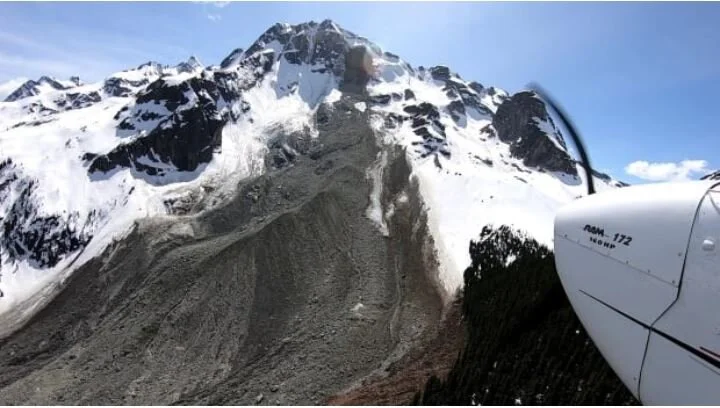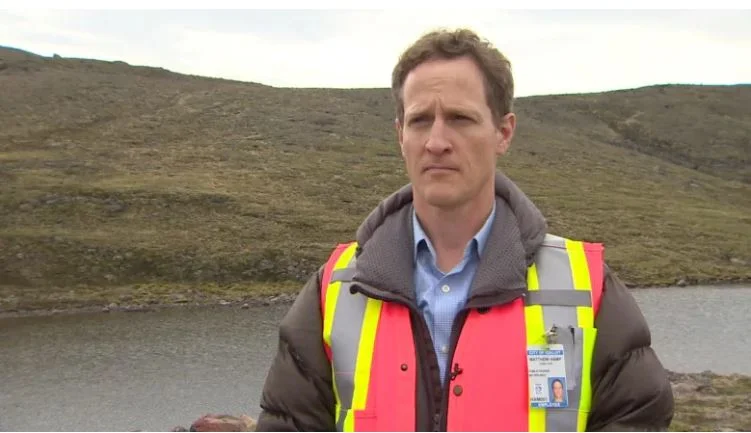Aging infrastructure, climate change and population growth are putting significant pressure on Montreal’s water resources. Faced with the magnitude of the issues and planned investments, the city is launching a public consultation on the future of water in its territory. Montreal is wasting too much drinking water, it is dumping too many pollutants into the St. Lawrence River, its aging infrastructure is unable to swallow the ever-increasing quantity of water spilled during torrential rains, and the city does not have enough money to update and adapt its infrastructure related to water management.
Swimming pools and lavish gardens of the rich are driving water shortages, study says
Swimming pools, flower gardens, indoor fountains — and the urbanites who can afford them — are big factors behind the increasingly dire water crises plaguing cities, an international research team says. Published in the journal Nature Sustainability, a new study found socioeconomic disparity to be just as influential as climate change and population growth when it comes to explaining why the water supply in so many cities is shrinking.
Lakeshore breaks ground on much-needed waste water expansion
The municipality of Lakeshore will be getting a new much-needed upgrade to its sewage facility after the plant reached its operational capacity last year putting a damper on new development in the region. "We had fears that it could be two [or] three years before we would get this built and we're pleased it's moving along so fast," Lakeshore mayor Tom Bain said.
Can Wall Street help us find the true price of water?
Despite the apparent abundance of water in Canada, she said, low prices mean the best-quality water in many regions — such as Southern Ontario groundwater — is in increasingly short supply and is being overused. Roy Brouwer, executive director of the Water Institute at the University of Waterloo, said that when he came to Canada from the Netherlands five years ago, he was surprised by the low price and wasteful misuse of water in this country.
Earth's frozen 'water towers' threatened by warming, population growth, report says
Water frozen at the tops of mountains that helps sustain up to a quarter of the human population is under threat from climate change, population growth and lack of proper management, according to a new international study. The systems store and transport water through glaciers, snow packs, lakes and streams. They supply water to 1.9 billion people on Earth. A group of 32 international scientists — including one Canadian — published a paper in the journal Nature on Monday to highlight the importance and vulnerabilities of what they call Earth's 78 water towers.







